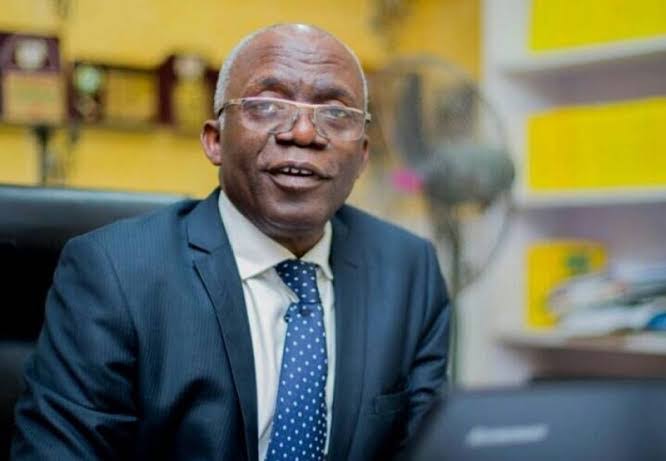
The Court of Appeal in Lagos, Nigeria has dismissed a lawsuit filed by human rights lawyer and Senior Advocate of Nigeria, Femi Falana, seeking to prohibit Nigerian public officials from traveling abroad for medical treatment at government expense.
In a unanimous judgment delivered on January 30, 2025, the appellate court upheld an earlier ruling by the Federal High Court in Ikeja, which had struck out the case. Justice Polycarp Terna Kwahar, who read the lead judgment, stated that banning public officials from seeking medical care overseas would be a violation of their fundamental rights.
“It will be an infringement or breach on the fundamental right of Nigerians, whether public officers or not, to prevent them from seeking medical attention outside Nigeria when the need arises,” Justice Kwahar ruled.
Justices Mohammed Mustapha and Paul Bassi concurred with the decision, affirming that the right to adequate medical facilities falls under the Fundamental Objectives and Directive Principles of State Policy in Chapter II of the 1999 Constitution and is therefore “non-justiciable”—meaning it cannot be enforced in court.
Falana had initially filed the suit in 2010, arguing that the Nigerian government’s failure to provide well-equipped hospitals violated citizens’ right to health. He sought a court order compelling the government to improve public healthcare facilities and banning officials from receiving medical treatment abroad using public funds.
The Federal High Court dismissed the suit in 2021, citing Section 6(6)(C) of the Constitution, which makes social and economic rights unenforceable. In response, Falana appealed, insisting that allowing privileged officials to access foreign healthcare while ordinary Nigerians suffer in poorly equipped hospitals was discriminatory and a violation of the right to life.
However, the appellate court ruled that while the state of public healthcare in Nigeria is concerning, the law does not support Falana’s position. The court also declined to adopt international human rights cases cited by Falana, including judgments from India, stating that they are not binding on Nigerian courts.
Reacting to the verdict, Falana criticized the judgment, arguing that it failed to recognize the connection between the right to life and access to adequate healthcare.
“The Court of Appeal failed to appreciate that it is discriminatory to allow a few public officers to seek medical treatment abroad while millions of poor citizens are left to die in ill-equipped local hospitals,” he said in a statement.
He also vowed to challenge the ruling at the Supreme Court, insisting that the constitution guarantees all Nigerians equal rights, including access to quality healthcare.








